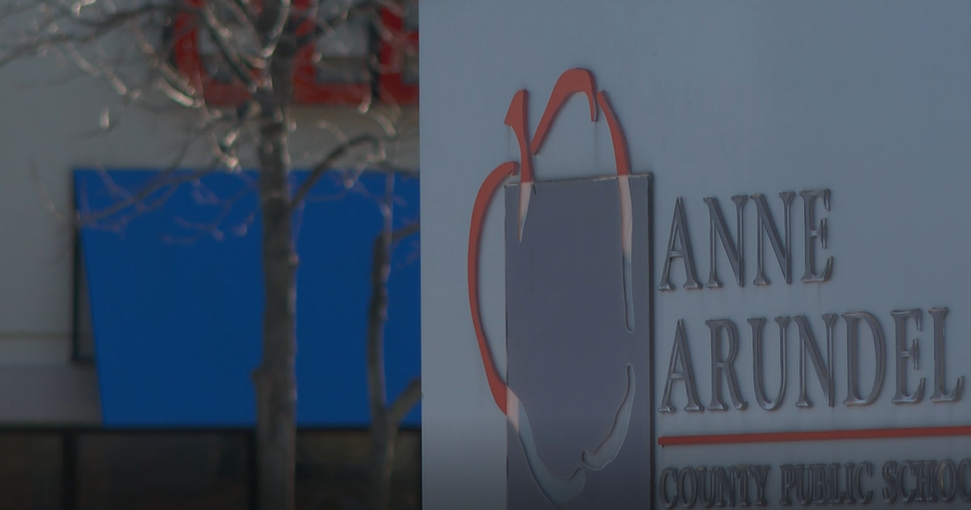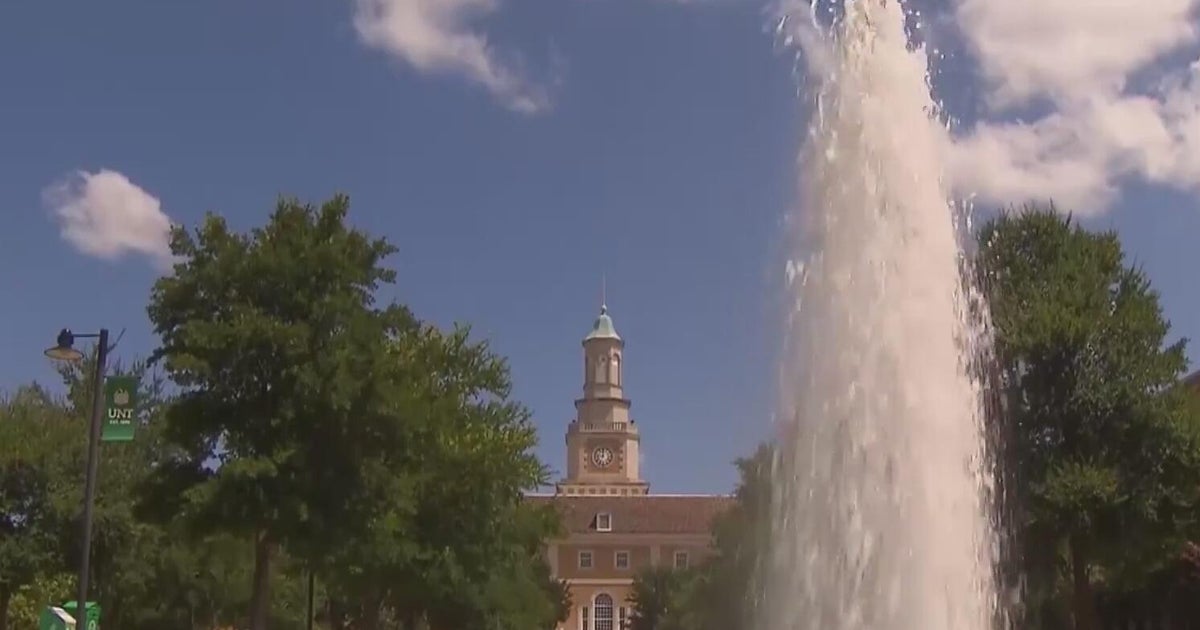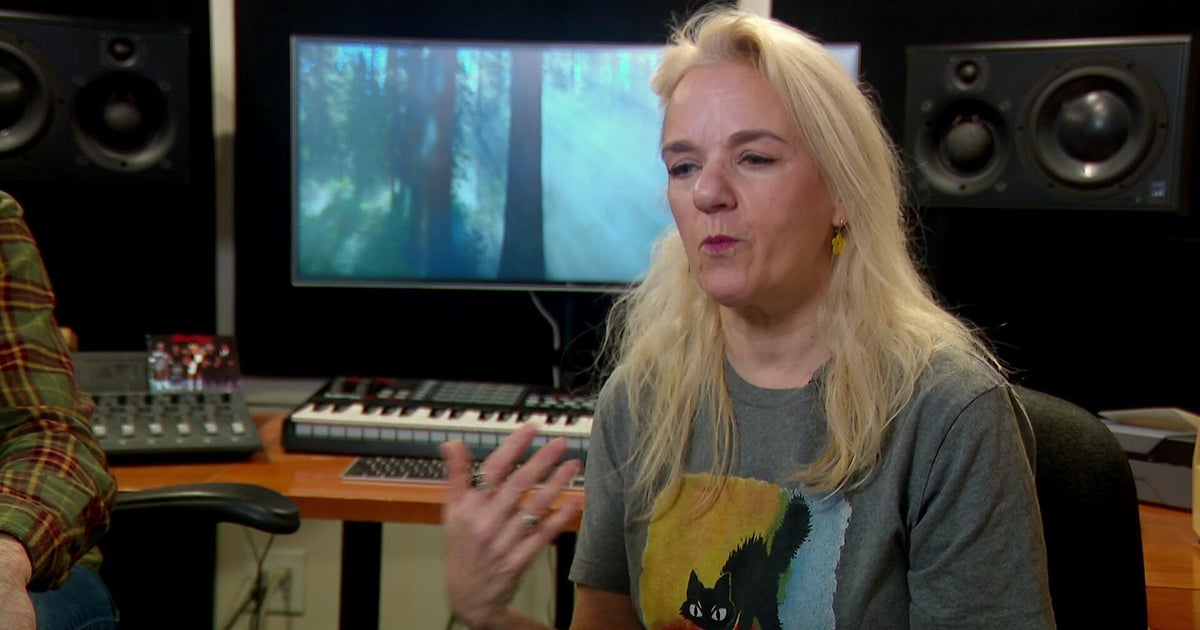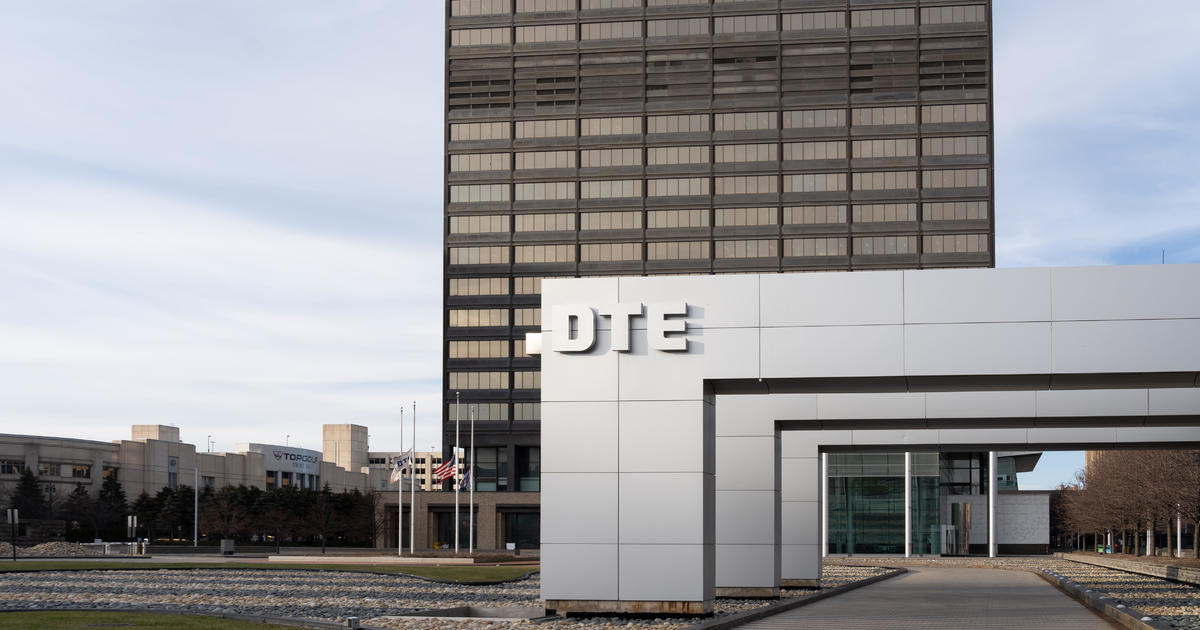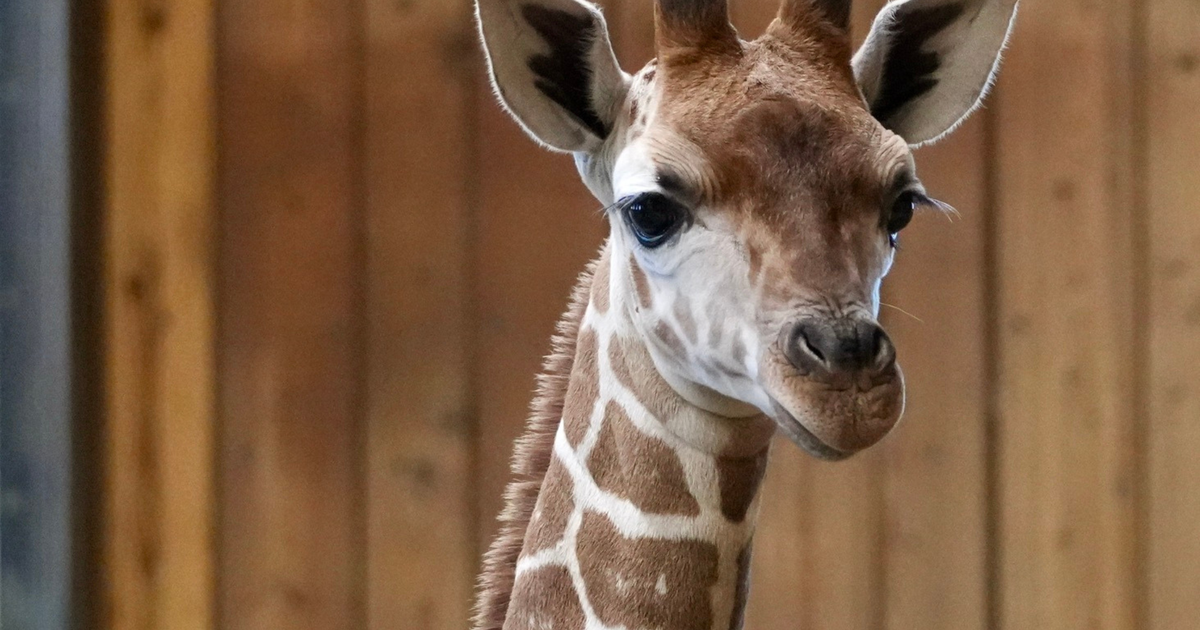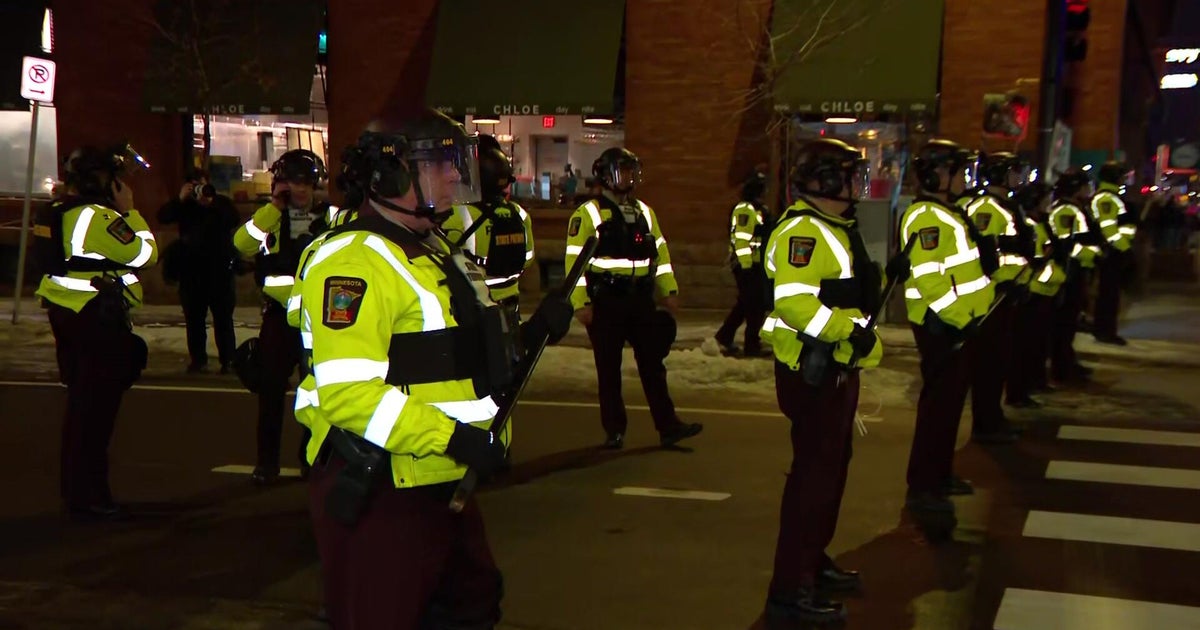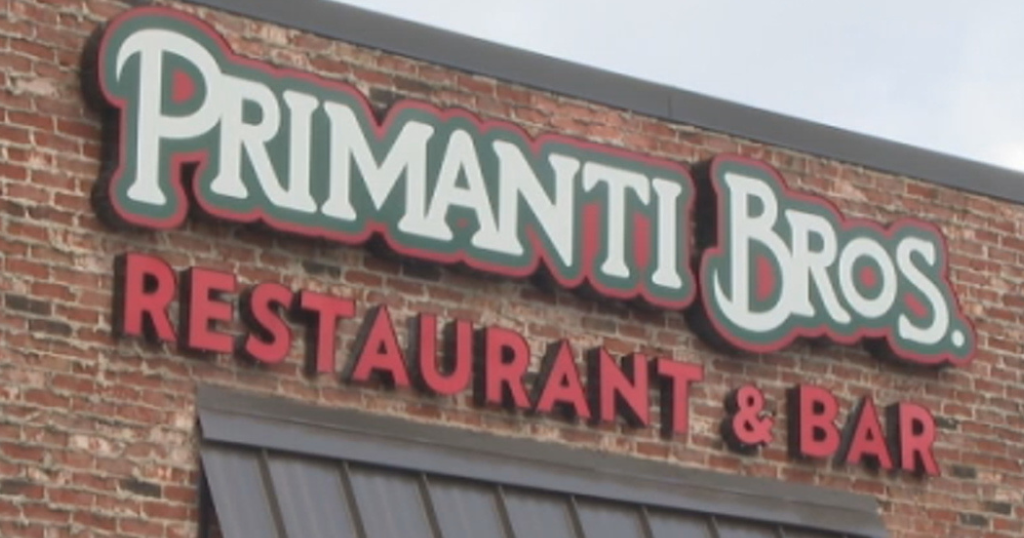$45M In Environmental Projects Recommended For Lottery Funding
MINNEAPOLIS (AP) — A state panel is recommending 88 environmental projects for over $45.4 million in funding from Minnesota Lottery proceeds and related sources.
The Legislative-Citizen Commission on Minnesota Resources on Tuesday selected the proposals from 97 that had made the initial cut last month, out of an original 186 submitted for consideration. The money will come from the state's Environmental and Natural Resources Trust Fund, which comes from lottery proceeds and investment income. Most projects fall into the broad categories of clean water, habitat, protecting pollinators, education, wildlife, renewable energy and invasive species The final decisions will be up to the 2016 Legislature.
HABITAT PROJECTS
The biggest chunk of money, over $12 million, or 27 percent of the total, would go toward land acquisition for habitat and recreation. And about half of that would go to the Department of Natural Resources. That includes $4 million for adding habitat, improvements and outreach programs at the state's Scientific and Natural Areas, where only limited outdoor recreation is allowed. The DNR would also get $2 million to buy pockets of private land that lie within six state parks. St. John's University would get $1.3 million to protect 450-600 acres of privately owned land in central Minnesota's Avon Hills, which rise out of the surrounding farmland and contain significant native plant communities and rare plant and animal species.
DATA PROJECTS
The second-largest slice of the pie is over $8.5 million, or 19 percent of the total, for projects that gather "foundational natural resources data and information." There's $1.2 million for completing a comprehensive inventory of Minnesota's wetlands, $1 million for developing a cost-saving method using cutting-edge remote sensing technologies for inventorying the state's forest land base, and $300,000 for studying the feasibility of returning elk to northeastern Minnesota, specifically an area of southern St. Louis, Carlton and northern Pine counties.
WATER RESOURCES
The commission backed 22 clean water projects totaling over $7.8 million, including $497,000 for studying the impacts the rising use of road and water-softener salt on Minnesota's lakes, rivers and groundwater. They also include $596,000 to study recently discovered microbes from the Soudan Mine that could significantly reduce the costs of removing salt and metals from water. Those microbes, which thrive in extreme conditions, also happen to produce electricity. That raises the possibility of microbe-powered desalinization and using microbes to remove metals from water.
BIRDS AND BEES
The projects also include $520,000 for pollinator conservation, $600,000 for wild bee surveys in prairie and prairie-forest border habitats, $750,000 for protecting imperiled prairie butterfly species, $349,000 for research into whether neonicotinoid pesticides pose a risk to Minnesota birds, $400,000 for a study into neonicotinoid effects on aquatic and soil organism communities and $387,000 for bee pollinator habitat enhancement via florally enriched lawns in four Minneapolis parks.
SO WHAT'S THE LCCMR ANYWAY?
The Legislative-Citizen Commission on Minnesota Resources is made up of 17 state senators, representatives and appointed members of the public. The commission plans to meet again in December to finalize the package it will send in bill form to the 2016 Legislature, and it has $935,000 left that it can still allocate. Lawmakers can make changes before the bill goes to the governor.
(© Copyright 2015 The Associated Press. All Rights Reserved. This material may not be published, broadcast, rewritten or redistributed.)
